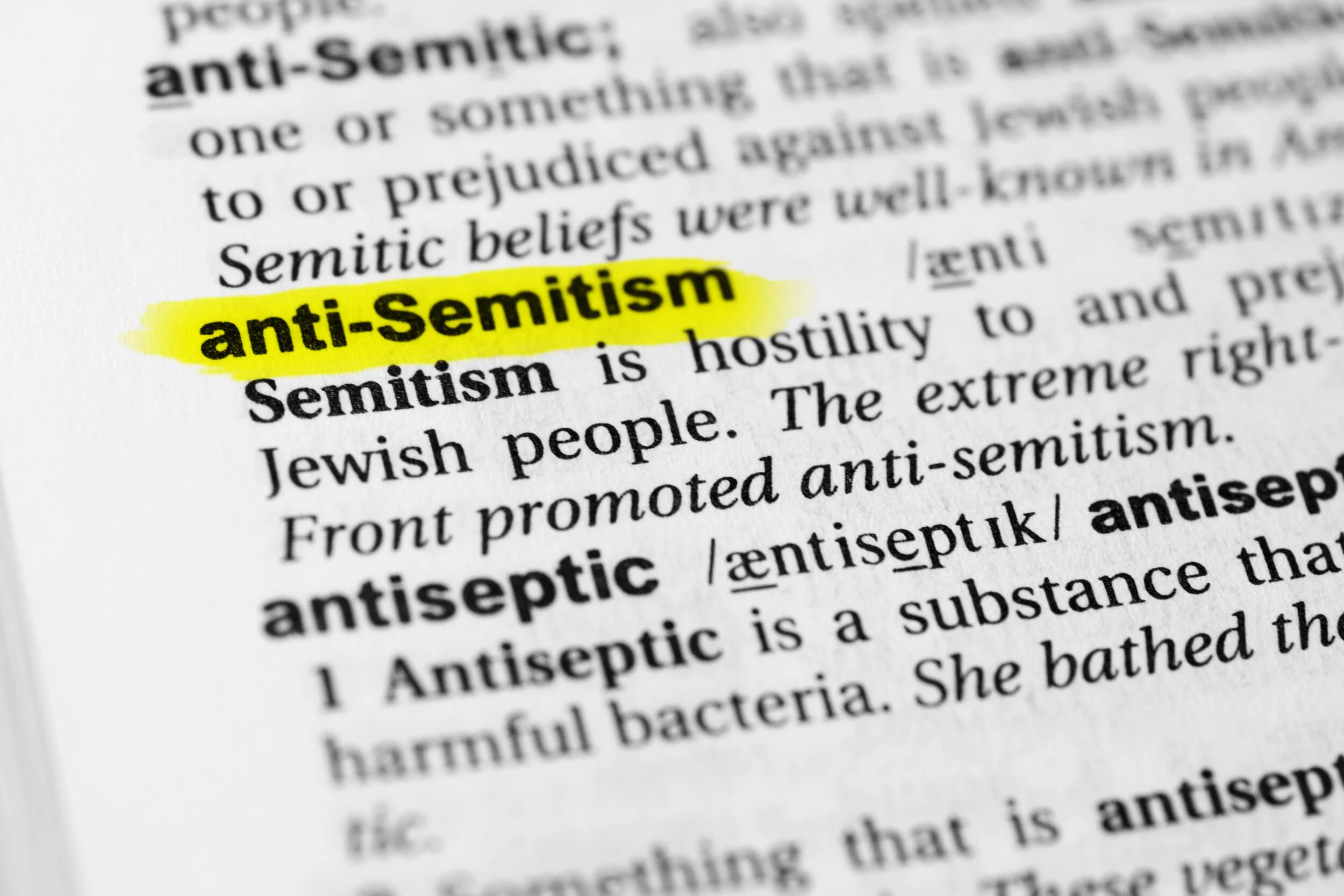By now most GetReligion readers are likely aware of the fatal crushing of 45 Jewish pilgrims during a religious festival at Mount Meron in Israel’s north at the end of April. It’s been called one of the worst, if not the worst, civilian tragedy in Israel’s history.
(Sadly, the Meron tragedy has been superseded in the news by the serious explosion of Israeli-Palestinian violence this week. But as sad as this is — and as a Jew and a Zionist I find it almost debilitatingly sad —that’s not the subject of this post, so let’s return to Meron.)
For those in need of a refresher, here’s an early Times of Israel news story on the Meron catastrophe.
The sudden and dramatic loss of more than four dozen lives is, of course, a national trauma for a relatively small country such as Israel, which is not much larger than New Jersey. As has been noted elsewhere, “numbers numb.”
Among the dead were six Americans. Other victims came from Canada and Argentina. The youngest of the dead was a boy of nine. Some 150 others were injured.
Beyond the deaths themselves, the Meron incident surfaced major — and intricately interwoven — political and religious implications for Israel. That’s not an unusual mashup in Israel, where the divide between religion and state is near impossible to discern.
For journalists, the tragedy also underscores a Journalism 101 reality of the craft. Which is that the most interesting public commentators are often those closest to the story, such as varied eyewitnesses and longstanding, articulate members or observers of whatever groups are germane to the story.
I’ll say more about this below. First, some pertinent background.
The Meron tragedy took place on the Jewish holiday of Lag B’Omer. Because this is generally considered a minor holiday by most Jews, it’s largely ignored by the theologically liberal in Israel and elsewhere.





